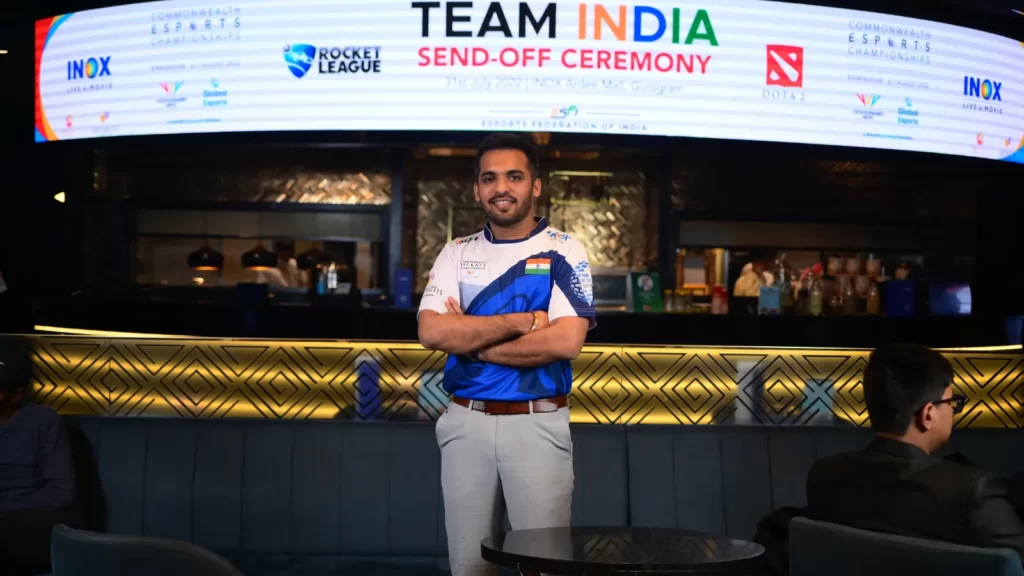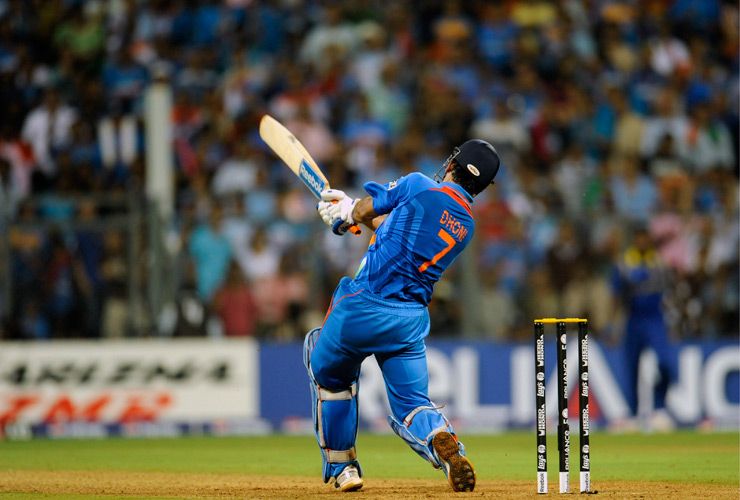Competitive sports come with their fair share of challenges, and athletes often find themselves grappling with stress, anxiety, and overwhelming pressure. The demands from coaches, parents, teammates, and even their own expectations to perform under pressure can sometimes create a mental battleground.
In this article, we delve into the pain points faced by sports players and explore how sports psychologists can be the game-changer. Furthermore, we outline five practical strategies that athletes can employ to handle pressure effectively, ensuring peak performance on the field.

The Pain Points to Perform Under Pressure
Before we delve into the solutions, let’s identify the common challenges faced by athletes:
1. Stress and Anxiety: Athletes frequently experience stress and anxiety before or during competitions.
2. Fear of Failure: The fear of making mistakes or losing streak can significantly impact an athlete’s performance.
3. External Pressure: Coaches, parents, and teammates often add to the pressure to perform exceptionally.
4. Lack of Confidence: Many athletes struggle with confidence in their abilities, affecting their overall performance.
5. Focus and Calm: Maintaining focus and staying calm under pressure is a skill that requires practice and guidance.

The Sports Psychologist Strategies to Perform under Pressure
Sports psychologists play a crucial role in helping athletes overcome these challenges:
- Understanding and Managing Anxiety: Sports psychologists assist athletes in understanding and managing their anxiety and stress levels effectively.
- Developing Mental Resilience: They teach athletes how to focus on the present moment, control their thoughts, and build mental resilience.
- Building Confidence: Sports psychologists help athletes develop a positive mindset and confidence in their abilities.
- Coping Strategies: Athletes are guided in developing strategies to cope with pressure and learn from their mistakes effectively.
Studying the mental fortitude required with sports psychologist’s techniques to enhance focus and resilience, aiming to fortify your mental game across diverse disciplines. By analyzing the strategic decision-making and pressure management in cricket psychology seek to refine your psychological approach to optimize performance in any sporting arena.
The Proven strategies of our sports psychologist to perform under pressure in competition events:
1. Identify Your Triggers
The first step in managing pressure is identifying what triggers your anxiety and stress. By recognizing these triggers, athletes can develop personalized strategies to deal with them effectively.
2. Develop a Pre-Competition Routine
Establishing a pre-competition routine that includes activities like deep breathing, visualization, or positive self-talk can significantly enhance an athlete’s focus and relaxation before a game.
3. Focus on the Present Moment
Dwelling on past failures or worrying about future outcomes only heightens anxiety. Athletes should train their minds to focus on the present moment and the immediate task at hand, enhancing concentration and performance.
4. Embrace Mistakes
Mistakes are an inevitable part of any sport. Athletes should view mistakes as opportunities to learn and grow. Instead of dwelling on errors, they should analyze them, learn valuable lessons, and move forward with renewed determination.
5. Celebrate Success
Acknowledging and celebrating both small and significant achievements is vital for an athlete’s motivation and confidence. By appreciating their progress, athletes can maintain a positive mindset, reinforcing their self-belief.

Now Train to Perform Under Pressure
Navigating the pressures of sports requires more than just physical prowess; it demands mental resilience and effective coping strategies. By recognizing their triggers, establishing routines, staying present, learning from mistakes, and celebrating successes, athletes can not only manage pressure effectively but also thrive in the face of challenges.
For those who find it overwhelming, the support of a sports psychology in India can provide personalized guidance, ensuring that athletes perform at their best when it matters the most. Remember, mastering the mental game is often the key to victory on the field.








helpfull